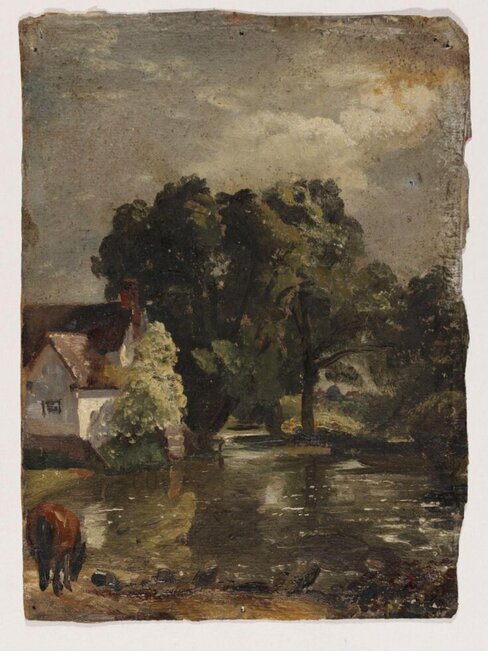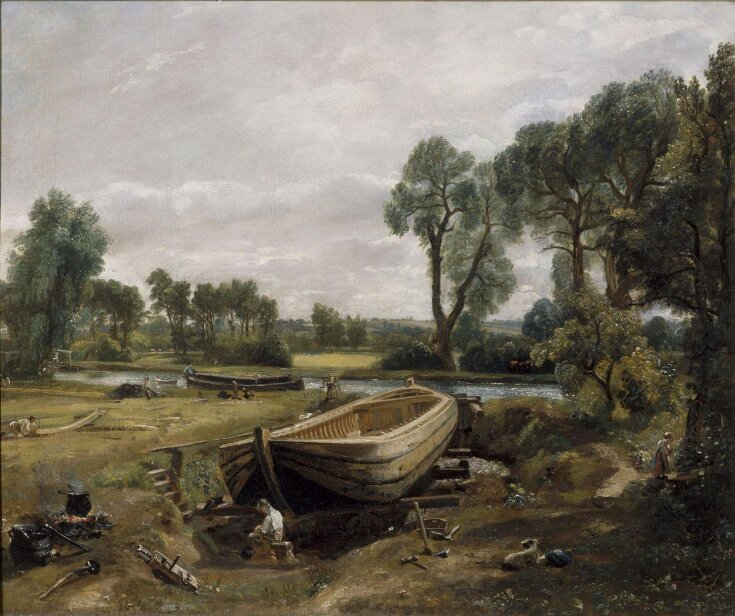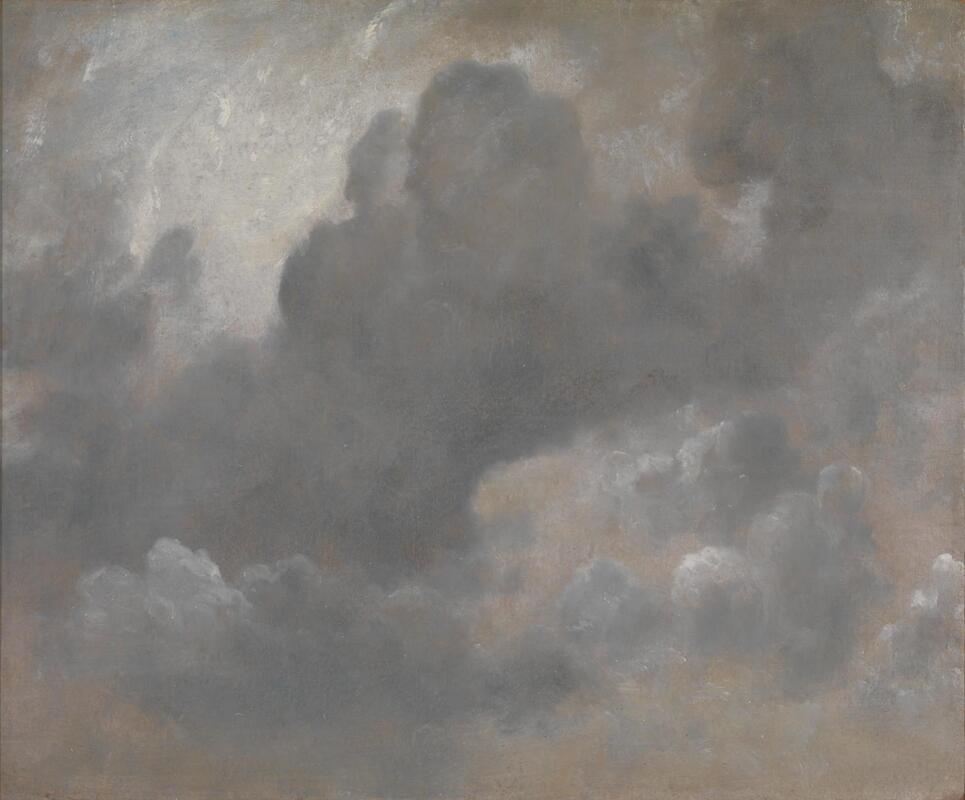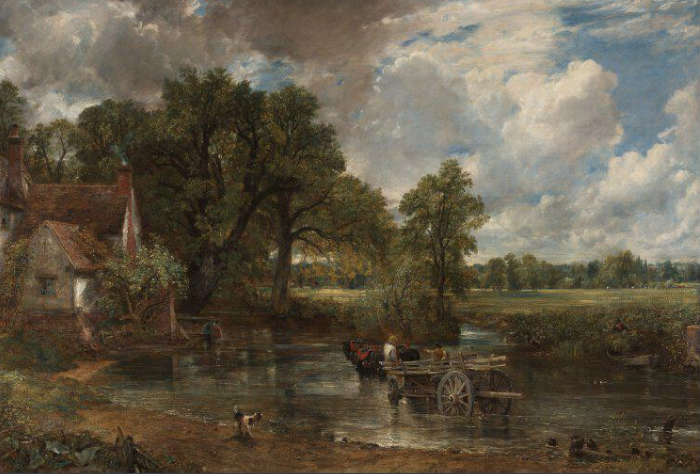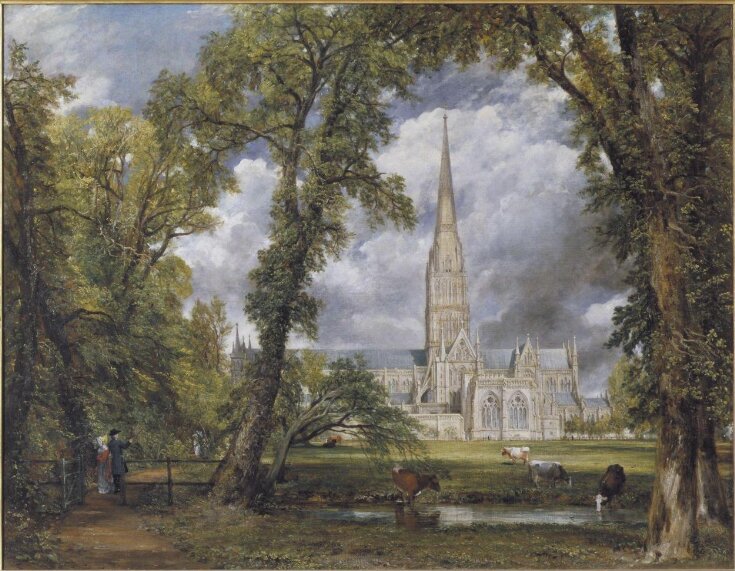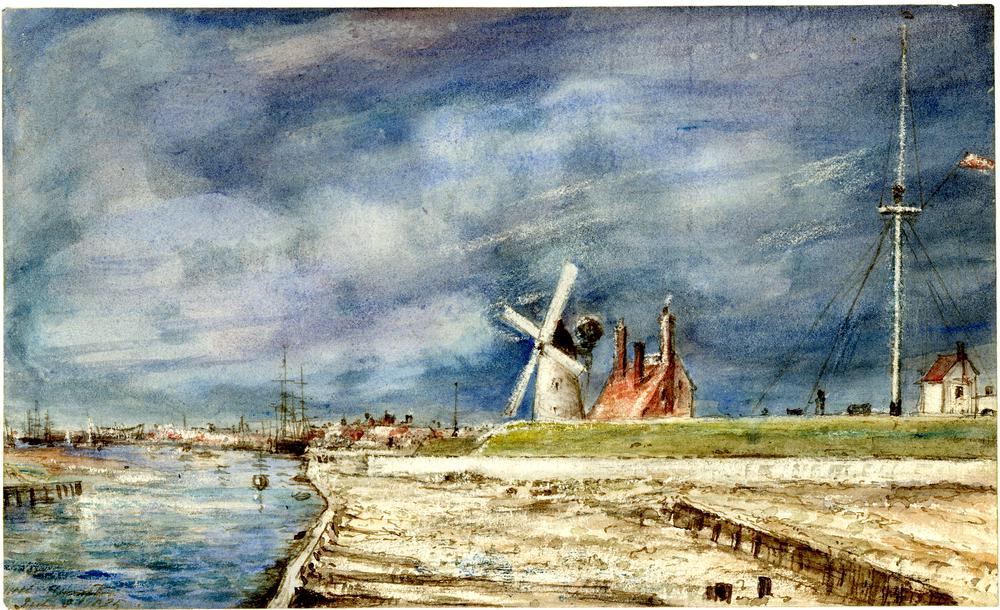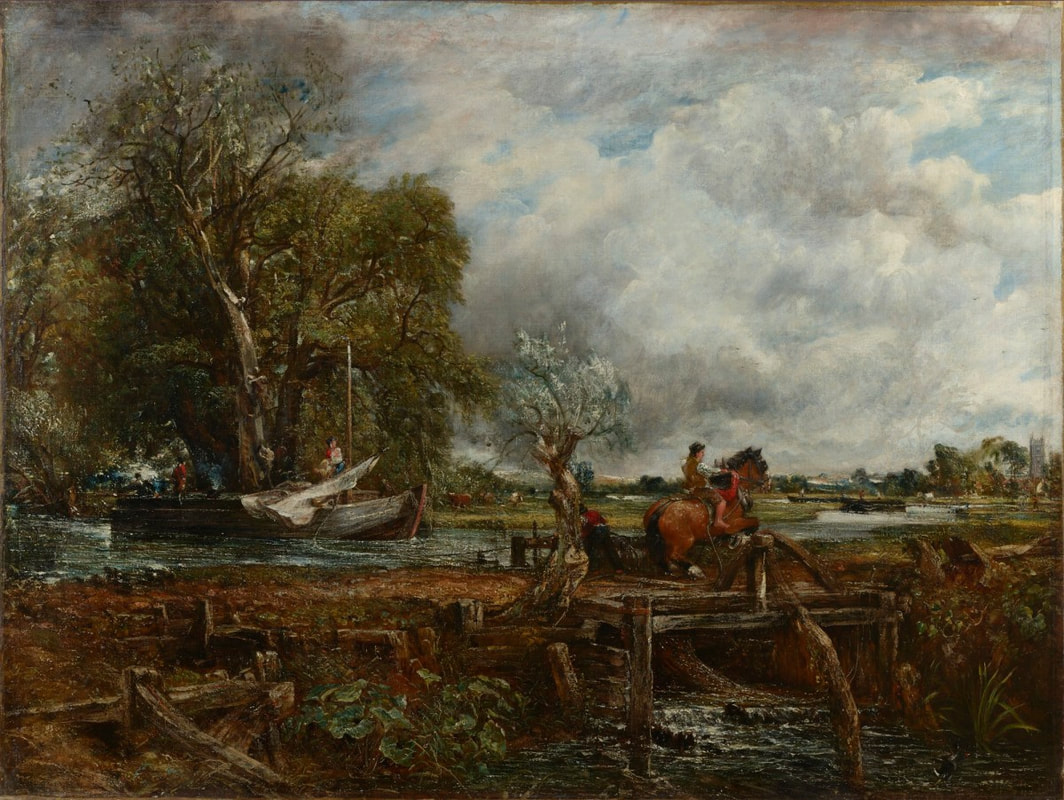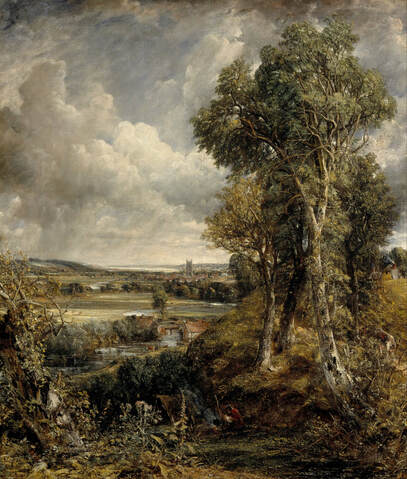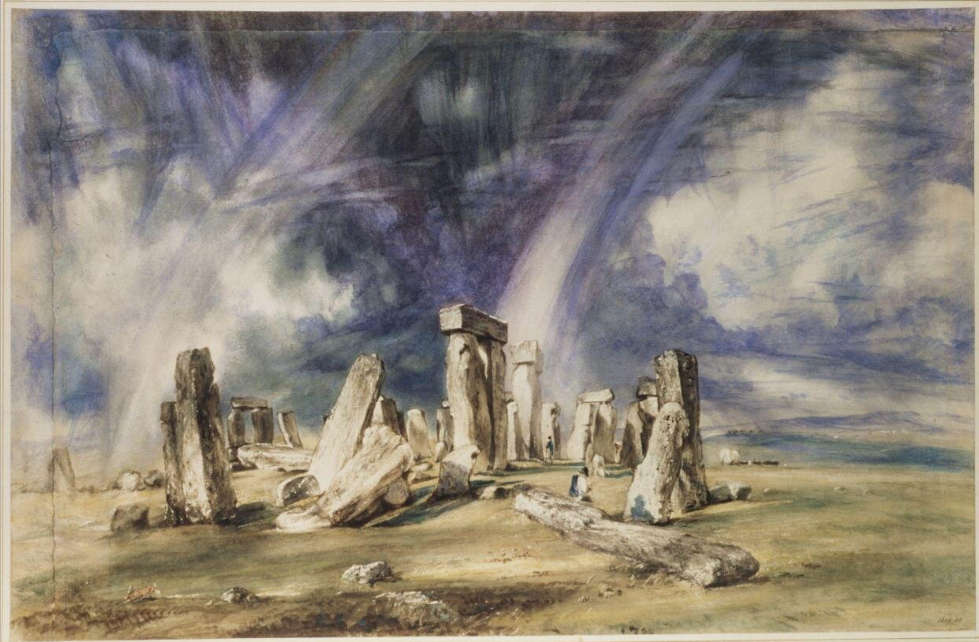|
I Willy told them how in eighty-eight years life required him to leave it only once, yet as we stand here Looking over where old rings of water turn into tree stumps, time has supplied a small craft it will punt His side if we want out of this sharp light unshaded by elms, somewhere we too can enter that white house. II Barge for a king, the miller or what passer-by: one is waiting for somebody in its dry dock, a solitary craftsman bent there, splash of a thoughtful bow wave. The woodwork of the frames is fresh, beautifully shaped and butted, plugged with caulking, unfinished, yes, but the sight of it makes you think – if she were to slide back just a little from him leaving those tools in the silt and that child with no dear mother to tell her no, if it were at once in the river, in the current, and swept away not even Raedwald would raise a hand, the great crowns go on arbitrating between cloud and flatness. III for R.C Cumulus gathers like brain matter, grey over everything, usurping the bright day, its sun-disc, and Skying has become the only way to understand how we dare look up while this young star falls to earth. IV Through the water he goes, ignoring us, his load elsewhere, his mind running away east from where the breakers will one day roll. He’ll leave no trace of passing here, his plot already lost before the defences yield, but has this moment now to forge a way through asking no man’s help, not even aware of her. The horses drink. A dog is mildly interested. If he brought hay, none here today – perhaps there never was. V Still it tries to break through: but the elms are united in their chorale, they link arms and think of bark. No organ is going to move them, and cattle stay in the water belching methane benedictions. But what’s that rising up behind the spire, the glower of rebellion against this wooden guard, youthful urgency in its free form? Change of scene at the proscenium arch for the final act. All complaints to the director. Blackout, curtain, here it comes, and just as the English elms have vanished, so that aspiring dream goes too, and those who dreamt they could recreate it in oil are washed by a watery blur, colourless sheets limply floating in the gallery. VI Lone windmill on the beach, peaceful, perfectly unlike industrial watchtowers that have been planted where the elms still sucker and die – they whisper they’ll save us though they have not heard of coffins and they cannot hear laughter from the tall ships at all their lack of progress, ever and only accruing power. X marks the happy, long-departed landmark on this southern beach, and how a handsome gentleman once stood and looked out, musing on life’s frailty. He pricks a pig’s bladder of paint and the windmill stirs. She will die. He tries again turning into the easterly, but only the same old empty rattling of lanyard on mast. He can do nothing more. The sails will move. No grain left to be ground. VII Trotting back home under empty skies Laughing at it all, you were expecting nothing special: a thorn tree and these timbers passing a slimy secret in low murmurs at the bridge, not this sudden urge to go galloping into the new – Hoof prints wiped into oily skid marks, grey roaring in the ears, sound of the rainbow’s end game being played. VIII Down there is what he said, except that it’s clear he doesn’t if you look at him as he stamps out the ashes and packs up to move on the way we all – Visionary and plain John both – like to: up-sticks, exit the frame. IX Summer brings this alignment – a great stone temple on the plain, the Academy of Druids, their pictures hanging still, and no one understanding. The skies try to explain but are too confused to make clear how megalith and sun converge so that earth can tell you the time, can show us how now’s hand and the hand of then spell out the genius of this setting, source of pure energy, and the heart of Englishness. The particular paintings are identified acrostically in each of the nine poems. J.G. John Greening John Greening is a UK poet, a Bridport, Arvon and Cholmondeley winner with over twenty collections, including two from Carcanet. He has edited Grigson, Blunden, Crichton Smith and Fanthorpe, plus several anthologies and published a number of books on poets and poetry. His essays, Vapour Trails, appeared in 2020 and his Goethe translations in 2022 from Arc. His Rilke is forthcoming. The Interpretation of Owls: Selected Poems 1977-2022 (Baylor University, USA, ed. Gardner) came out in March.
3 Comments
Emily Tee
1/23/2024 07:11:58 am
I very much enjoyed this fresh take on the selected Constable works, some very familiar and others not. I didn't even notice they were acrostic poems until the poet's note at the end.
Reply
Mary McCarthy
1/23/2024 08:17:01 pm
So intensely seen!! Each one a story, a scene and a mood...and then the acrostics!! Bravo!!
Reply
1/24/2024 09:51:45 pm
What themes or aspects of the countryside does John Greening explore in his work 'Constable Country'? Greeting : <a href="https://sas.telkomuniversity.ac.id/en/">Telkom University</a>
Reply
Your comment will be posted after it is approved.
Leave a Reply. |
The Ekphrastic Review
COOKIES/PRIVACY
This site uses cookies to deliver your best navigation experience this time and next. Continuing here means you consent to cookies. Thank you. Join us on Facebook:
July 2024
|
